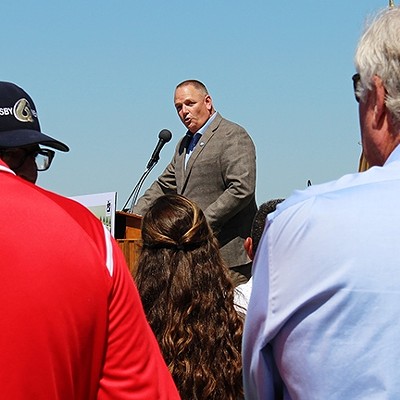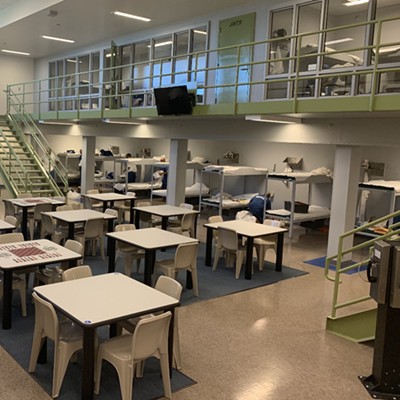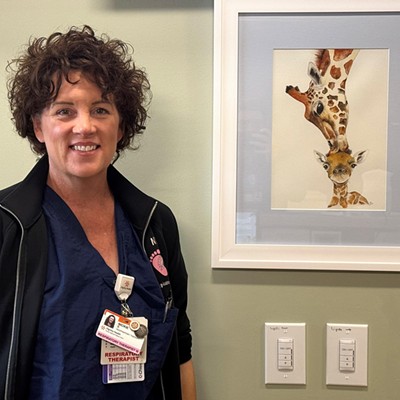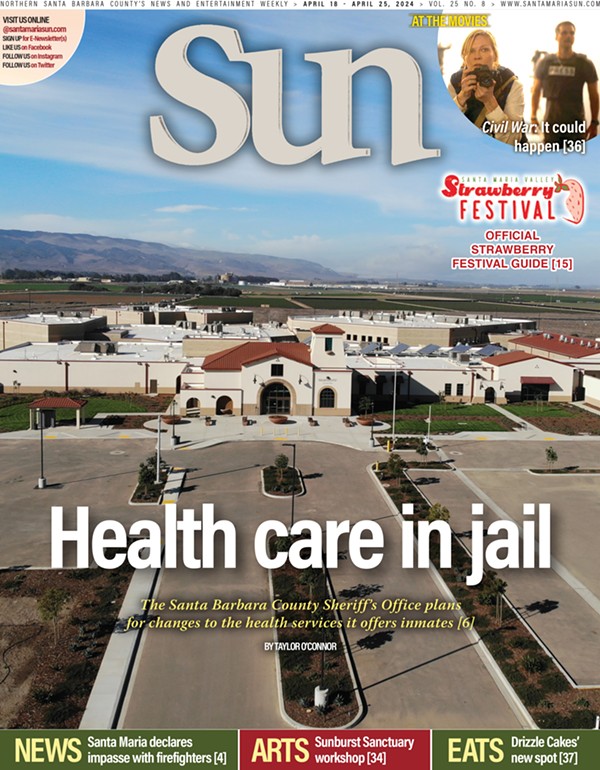A newly signed bill will require all California charter schools to adhere to the same transparency laws that public schools follow, and the soon-to-be state law is expected to impact Santa Barbara County’s charters in varying ways.
Senate Bill 126, which Gov. Gavin Newsom signed on March 5, will take effect on Jan. 1, 2020, and will require that all state charter schools and management organizations follow accountability standards set by public records and open meeting laws such as the Brown or Bagley Keene acts, the Public Records Act, conflict of interest provisions, and the Political Reform Act, according to the bill’s text.

While Newsom and the bill’s authors touted it as a “historic” piece of legislation that will hold charter schools truly accountable for the first time, some local charter leaders say they’ve already been doing what the law will require.
“It won’t have a significant impact on the way we do business,” said Suzanne Nicastro, principal of Manzanita Public Charter School in Lompoc.
Nicastro moved into the world of charter education after a lengthy career in traditional public schools, and said she was accustomed to working transparently and wanted to continue doing that at Manzanita. Manzanita complies with transparency and public access laws, Nicastro said, and therefore all of Manzanita’s board meetings are public, information regarding those meetings is posted online, and no school employees serve on Manzanita’s board—a guideline that was considered during the writing of SB 126 and later changed after it sparked turmoil among many charter leaders.
Nicastro said charters are held to a higher standard of accountability when it comes to student achievement and there is generally less oversight when it comes to business and fiscal goings on. Though charters do go through audits, Nicastro said there has been evidence that charters across the nation tend to be less fiscally healthy than traditional public schools.
“Really I think this bill is all about transparency and making sure the public understands how public funds are spent,” she said. “I do believe that what makes charters unique is not how we operate fiscally but how we operate instructionally.”
At Trivium Charter School this bill will have an impact, according to Executive Director Trisha Vais.
Unlike Manzanita, Trivium is a non-classroom based charter school, so Vais said most Trivium students are homeschooled for parts of each week. Instead of classrooms and schools, Trivium uses learning centers whenever students can come in, and it has six centers across Santa Barbara and San Luis Obispo counties.
Because of the unusual schedule, Vais said Trivium uses high-end technology to stay in contact with its parents.
Trivium streams its board meetings so that parents can watch or interact from home, but SB 126 will require charters to set up a “two-way teleconference” station at each resource center.
Vais called this requirement “overburdensome,” and said Trivium will likely need to pay staff members to run the teleconference sites during meetings, even though most parents will likely continue watching the meetings from their homes.
Vais said these compliance measures will take some time and money away from creatively and effectively educating local children. It’s unnecessary conditions like this one that Vais said could have been debated if SB 126 hadn’t been pushed through so quickly.
“It’s a bit ironic that it’s about transparency and it wasn’t transparent in the way it was done,” she said.
Staff Writer Kasey Bubnash writes School Scene each week. Information can be sent to the Sun via mail, fax, or email at [email protected].












